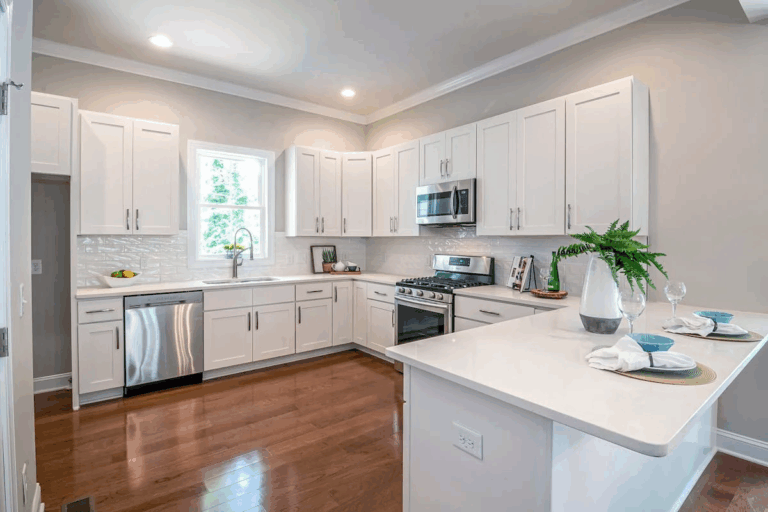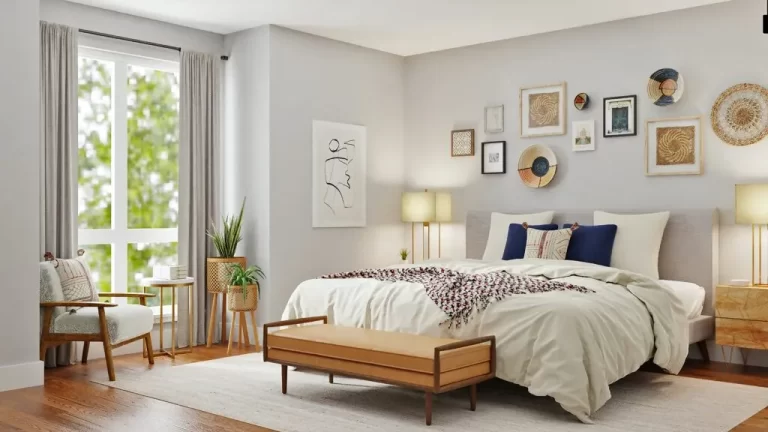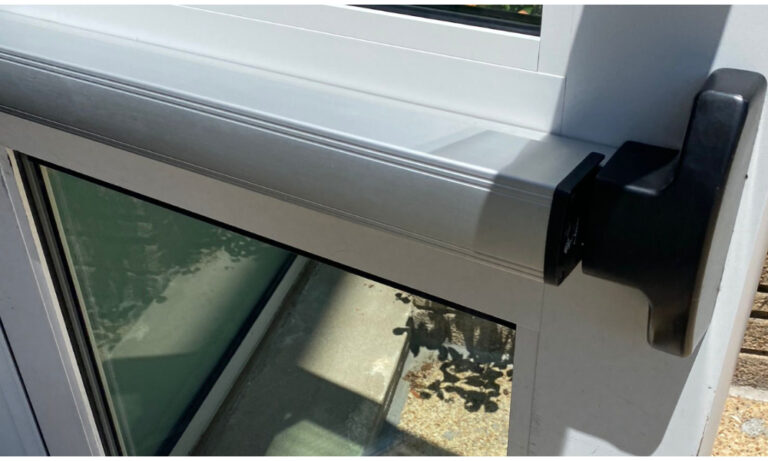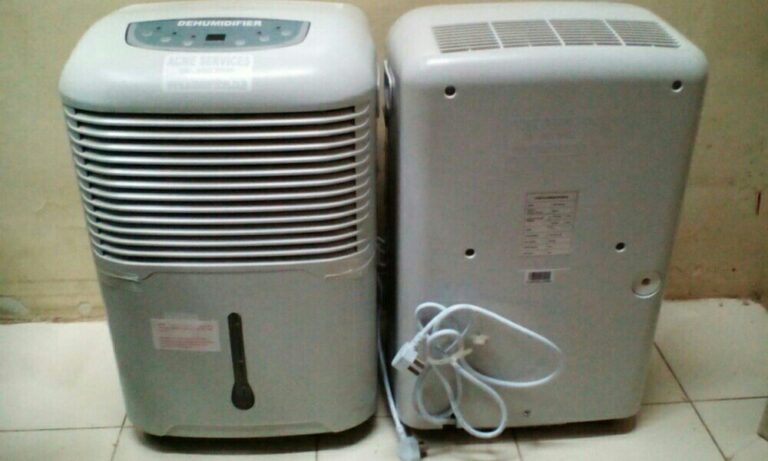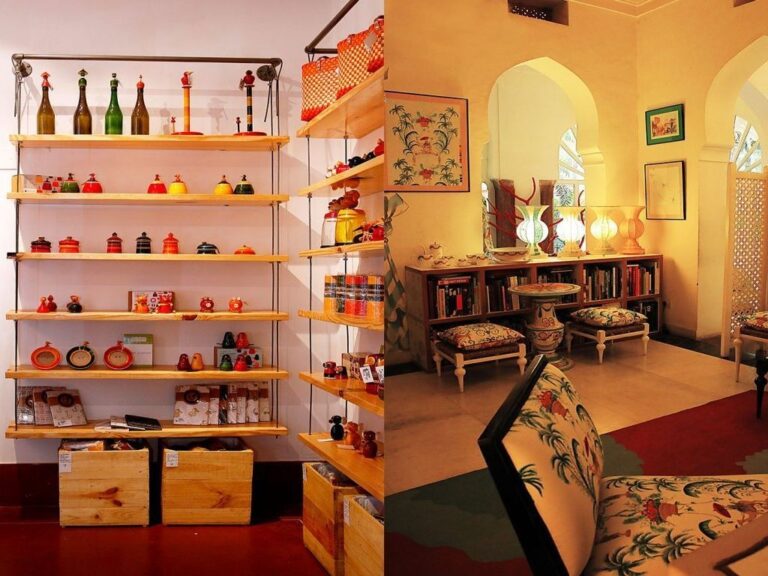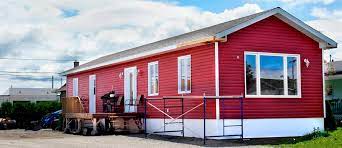
In recent years, the housing market has seen a surge in interest surrounding manufactured homes. These dwellings, often referred to as mobile homes or trailers, offer an alternative to traditional site-built houses. With advancements in technology and design, manufactured homes have become increasingly popular options for homeowners seeking affordability, flexibility, and customization. However, like any housing option, they come with their own set of advantages and disadvantages. In this article, we’ll explore the pros and cons of buying manufactured homes, examining key factors that potential buyers should consider before making a decision.
Pros:
- Affordability: One of the most significant advantages of purchasing a manufactured home is its affordability. Manufactured homes typically cost less per square foot than traditional site-built homes, making them an attractive option for first-time homebuyers or those on a budget. Additionally, since they are constructed in a factory setting, labor and material costs are often lower, further reducing the overall price.
- Speed of Construction: Unlike traditional homes that can take several months or even years to build, manufactured homes are constructed much faster. The assembly process is streamlined and efficient, with many homes being ready for occupancy within a matter of weeks. This quick turnaround time is beneficial for individuals who need to move into their new home promptly or investors looking to generate rental income quickly.
- Customization Options: Contrary to common misconceptions, manufactured homes offer a wide range of customization options. Buyers can choose from various floor plans, layouts, and finishes to tailor the home to their preferences and lifestyle. Additionally, manufacturers often offer upgrades and optional features, such as energy-efficient appliances, luxury fixtures, and smart home technology, allowing homeowners to personalize their space according to their needs.
- Energy Efficiency: Modern manufactured homes are built to meet stringent energy efficiency standards, incorporating insulation, HVAC systems, and windows designed to minimize heat loss and reduce utility costs. Many manufacturers also offer eco-friendly features, such as solar panels, energy-efficient lighting, and sustainable building materials, making manufactured homes an environmentally conscious choice for eco-conscious buyers.
- Location Flexibility: Unlike traditional homes, which are rooted to a specific location, manufactured homes offer greater flexibility in terms of placement. They can be installed on various types of land, including private lots, manufactured home communities, or rural properties. This flexibility allows buyers to choose their desired location, whether it’s a suburban neighborhood, countryside retreat, or coastal enclave, without being limited by existing infrastructure or zoning restrictions.
Cons:
- Appreciation Potential: While manufactured homes offer affordability and customization options, they typically do not appreciate in value at the same rate as traditional site-built homes. Factors such as depreciation, limited financing options, and stigma associated with mobile homes can impact resale value, making it challenging for owners to build equity over time.
- Land Ownership: Unlike site-built homes, which are often accompanied by land ownership, manufactured homes may be situated on leased land in a mobile home park or community. This arrangement can pose challenges for homeowners, as they are subject to the rules and regulations set forth by the landowner or homeowners’ association. Additionally, fluctuations in lease fees or changes in park management can affect long-term affordability and stability.
- Perception and Stigma: Despite advancements in design and construction, manufactured homes still face stigma and negative perceptions in the housing market. Some potential buyers may associate mobile homes with lower quality, inferior craftsmanship, or socioeconomic status, which can impact resale value and marketability. Overcoming this stigma requires education and advocacy to highlight the benefits and advantages of modern manufactured homes.
- Financing Challenges: Securing financing for a manufactured home can be more challenging than obtaining a mortgage for a traditional site-built home. Lenders may impose stricter eligibility criteria, higher interest rates, or shorter loan terms for manufactured home loans, limiting access to affordable financing options. Additionally, buyers may encounter difficulties obtaining insurance coverage or qualifying for government-backed loan programs, further complicating the purchasing process.
- Limited Appreciation Potential: While manufactured homes offer affordability and customization options, they typically do not appreciate in value at the same rate as traditional site-built homes. Factors such as depreciation, limited financing options, and stigma associated with mobile homes can impact resale value, making it challenging for owners to build equity over time.
Manufactured homes offer a compelling housing option for buyers seeking affordability, customization, and flexibility. With their efficient construction process, customizable features, and energy-efficient design, manufactured homes provide an attractive alternative to traditional site-built homes. However, potential buyers should carefully weigh the pros and cons before making a decision, considering factors such as appreciation potential, land ownership, financing challenges, and perception stigma. By conducting thorough research and working with knowledgeable professionals, buyers can make informed choices and find the manufactured home that best suits their needs and preferences.
Whether you’re searching for manufactured homes for sale or exploring mobile homes for sale, understanding the benefits and drawbacks of this housing option is essential for making a sound investment and achieving long-term satisfaction as a homeowner.


